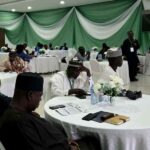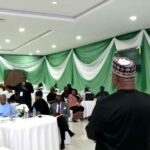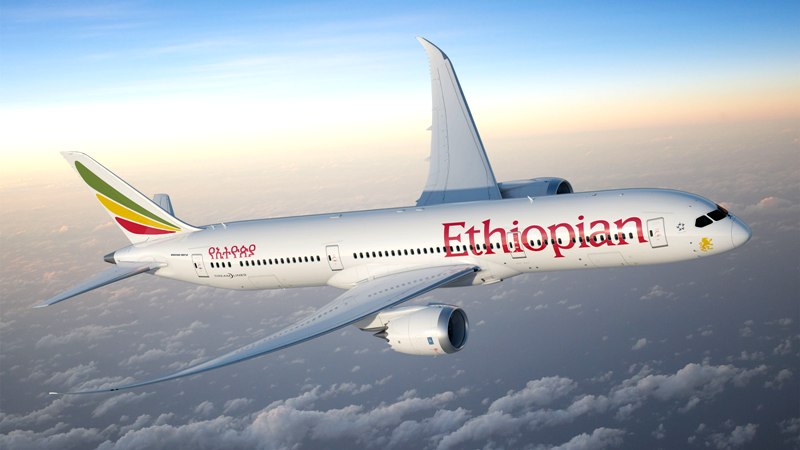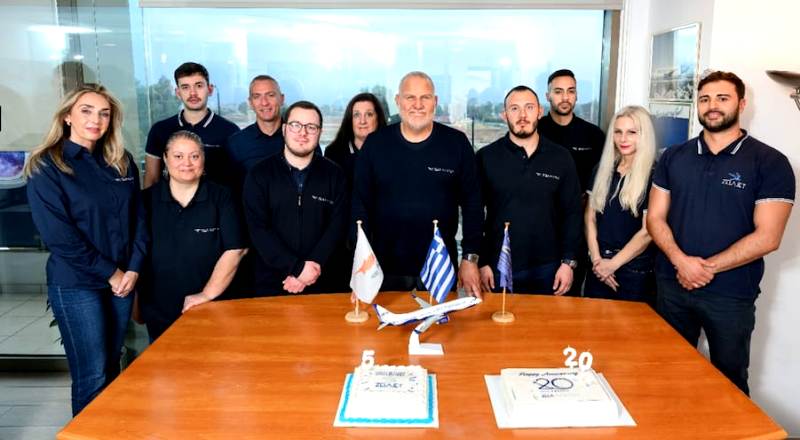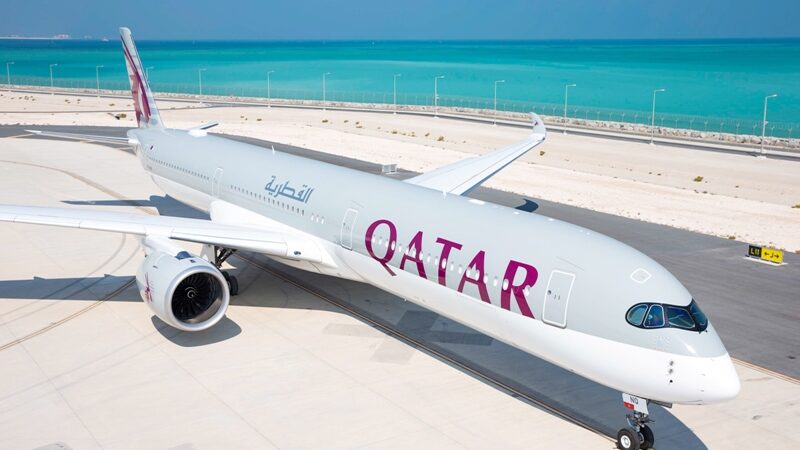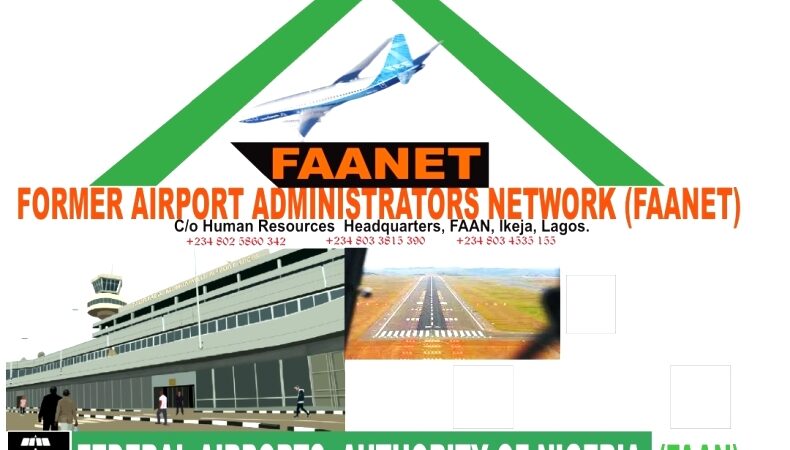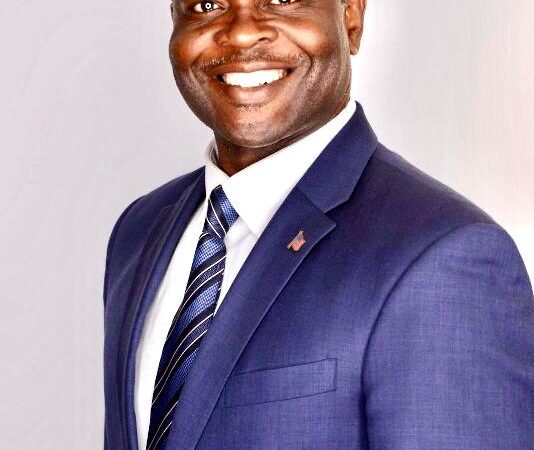Stakeholders Hold Strategy Session On Tax, Finance Issues In Nigeria’s Aviation Sector
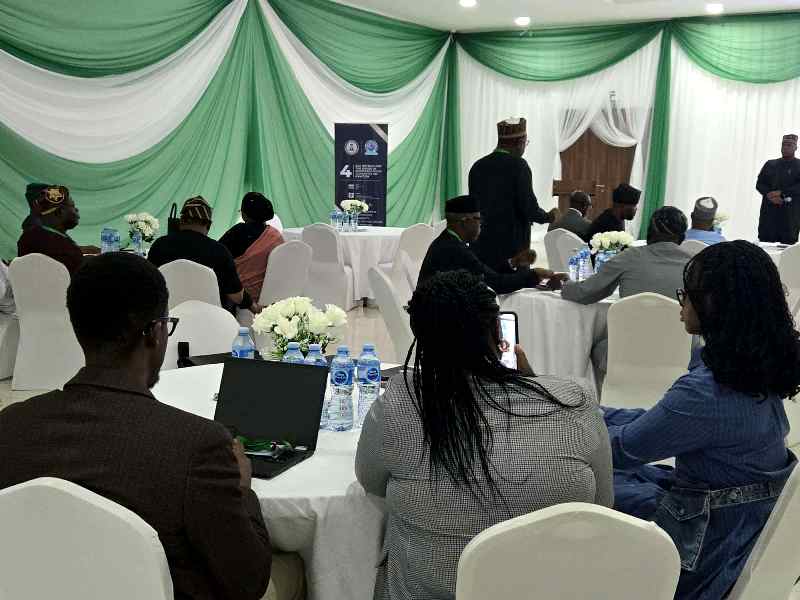
A four-day strategy retreat featuring members of Nigeria’s House of Representatives Committee on Aviation and other aviation stakeholders, has been hosted by Nigeria Airspace Management Agency (NAMA) in Abuja.
After presentations made by various participants, including Mr. Kunle Ogunbamowo of Deloitte & Touche, Dr. Alex Nwuba of Aviation Safety Round Table Initiative (ASRTI) and other speakers, emphasis was made on the need for expanded interactions on the New Tax Laws 2025, Value Added Tax (VAT) and the cost recovery status of NAMA.
The Chairman, House of Representatives Committee on Aviation, Rt. Hon. Abdullahi Idris Garba expressed the desire of the national assembly to develop actionable plans and reinforce priorities that enhance aviation safety and also improve infrastructure and regulatory compliance. Members, some of who were former players in Nigeria’s aviation sector, sought closer interaction with ASRTI, Nigeria’s foremost aviation non-governmental organization in the interest of the industry’s advancement of safety and improvements.
Issues discussed include deductions from income of NAMA which contravenes ICAO guidelines, issue of flag carriers for Nigeria, laws that drive a national hub strategy, institution of aviation corporate governance principles, enhancement of economic oversight of airlines, the Passenger Bill of Rights and taxes and VAT in the aviation sector, the separation of policy and regulations and autonomy of the Nigeria Civil Aviation Authority (NCAA).
There was agreement on the need to end deductions from agencies, as government should not be taking money from cost recovery organizations, which has implications for ICAO recommendations on autonomy.
They also discussed measures for aviation industry fund to support asset acquisition and industry growth, tiered operator certification as well as removal of five aircraft minimum from Nigeria’s laws.
On airlines capital increase and consolidation, Nwuba said business players should be allowed to take business decisions on cooperation and mergers as “marriage is not by force.”
Participants’ attention were drawn to the law that erroneously described the payees as commercial airlines as commercial airlines require definition. “Does it mean that private jet and private aircraft owners, and all other groups will not pay taxes and VAT?”
They also identified the arrangement that treats VAT paid by airlines as a business expense that can be refunded against VAT collected from passengers, asking if a tax is a business expense under the expense portion of the financial statement or a tax.
The 22 year age question concerning airplanes was equally questioned and the need to strengthen the regulatory process was emphasized. There was also the issue of whether or not airplanes should be subject NCAA timing or manufacturer recommendations.
NAMA Managing Director, Engr. Farouk Umar in his opening remarks, canvassed for the intervention of the National Assembly to end the 50% revenue deduction from the agency. He maintained that “modernizing Nigeria’s aviation sector cannot happen without financial reform.”
He called for the full enforcement of section 9(2) of the NAMA Act 2022 which stipulates that “all fees and charges imposed by NAMA are not subject to deductions or remittance to any other body.”
SEE MORE PHOTOS

